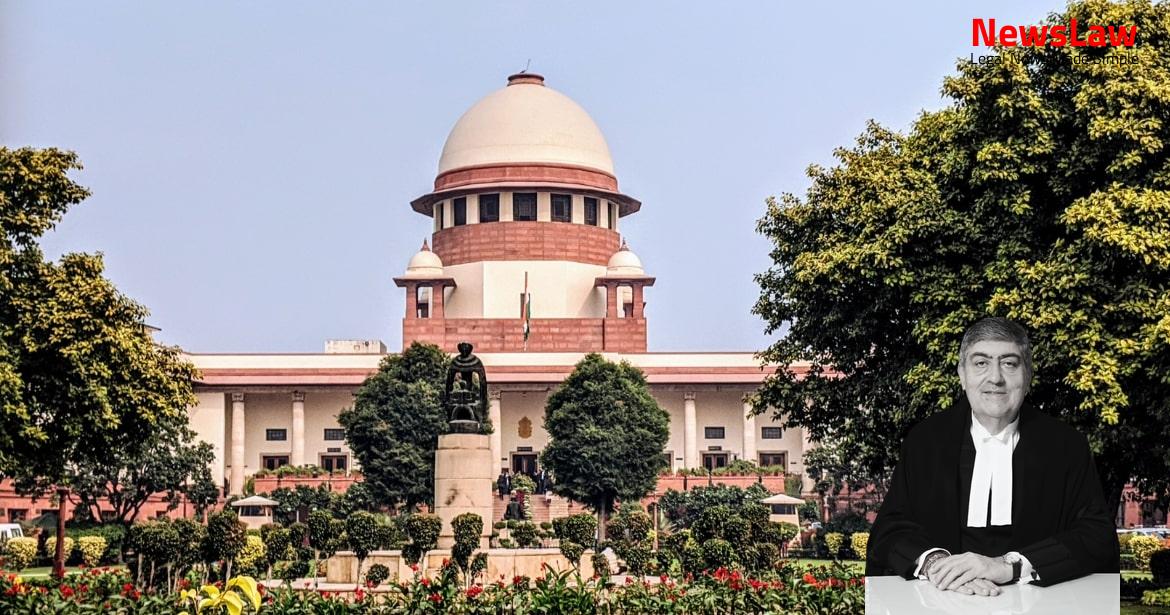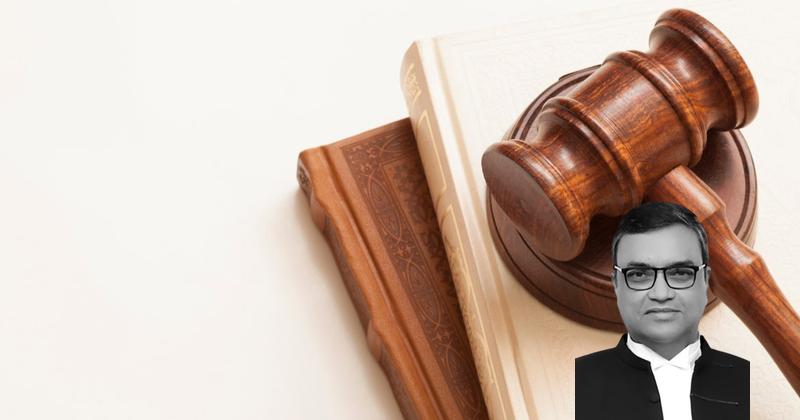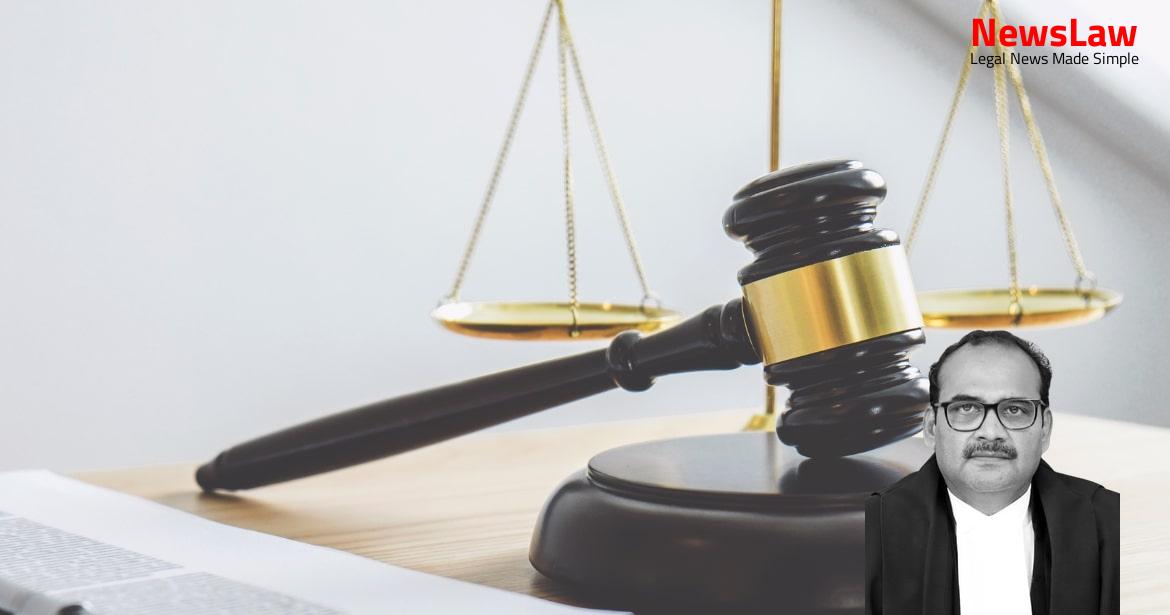Delve into the legal intricacies of ensuring transparency in electoral processes as emphasized by the court. The analysis focuses on the need for political parties to provide complete information about candidates to voters, the role of the Election Commission in enforcing compliance, and the distinction between judicial and legislative powers in addressing criminalization in politics.
Facts
- Contempt petition (Civil) No. 2192 of 2018 in Writ Petition (Civil) No. 536 of 2011 was passed due to the alleged disregard of directions issued by a Constitution Bench of the Court.
- The petition is related to the General Elections for the Legislative Assembly of Bihar 2020, where a total of 469 candidates with criminal antecedents participated on the symbol of 10 recognised political parties.
- Among these parties, Communist Party of India (Marxist) and Nationalist Congress Party did not file the required Format C-8 with the Election Commission of India.
- A total of 427 candidates with criminal antecedents contested in the elections on the symbols of 8 political parties, based on the information submitted by the parties in Format C-7 & C-8.
Also Read: Interpretation of Section 43B: Debentures vs. Interest Payment
Issue
- Each contesting candidate must fill up the form provided by the Election Commission.
- The form should include all the required particulars as mandated by the Election Commission.
Also Read: Legal Analysis in Foreign Award Enforcement Case
Arguments
- The petitioner, represented by a learned senior advocate, argued that candidates with criminal charges for heinous and grievous offenses should not be allowed to contest with the symbol of a political party.
- The submission suggested that this direction would not be adding a new disqualification beyond what is already provided by the legislature, but only depriving a candidate from contesting with the party’s symbol.
- The Attorney General opposed this submission, stating that Section 29-A of the Act does not permit the Election Commission of India to deregister a political party.
- The presumption of innocence until proven guilty is highlighted as a hallmark of Indian democracy, attaching to every person charged with an offense until conviction after a trial.
- The Attorney General cited cases supporting the view that being charged is distinct from conviction and should not result in penal consequences.
- Suggestions were made to the Election Commission to issue directions under the Symbols Order, to suspend or withdraw recognition of political parties flouting directions, but this was opposed as beyond the judicial arm’s scope.
- References to directives in past orders, issues with candidate forms, election schedules, and candidates with criminal antecedents were discussed in the context of the petitioners’ arguments and ECI compliance.
- The Constitution Bench recommended laws mandating political parties to revoke membership of persons with framed charges for serious offenses, illustrating concerns about criminalization in politics.
- The Court emphasized that the legislature’s grounds for disqualification are clear, and any new disqualification must be legislatively enacted and not judicially introduced.
- Issues related to Form submissions, compliance with directions, and the exercise of power by the ECI were debated, with opposing views on judicial versus legislative interference in electoral matters.
- Respondent No 10’s candidate with criminal antecedents had membership cancelled and was expelled from the party for submitting false affidavits.
- The directions given by the court are in line with providing voters with information to make an informed choice.
- Respondent No 9’s lawyer likened withdrawal of recognition to de-registration of a political party.
- Respondent No 6 stated they followed court directions and were not in contempt.
- Issues with candidate details provided to Chief Electoral Officer Bihar were raised by the party.
- Argument against Amicus Curiae’s suggestion regarding clause 10-A of the Symbols Order was made.
- Court’s directions in the Order dated 13.02.2020 were reiterated, emphasizing the need for parties to share detailed information about candidates with criminal cases.
- Emphasis was placed on selection reasons to be based on qualifications, achievements, and merits, not just ‘winnability’.
- Respondent No 11’s compliance with court directions was defended, with any omissions seen as unintentional.
- The importance of providing complete information to voters for effective exercise of their voting rights was highlighted.
Analysis
- The judgment focuses on the issue of criminalization of politics in India and the disregard of directions given by a Constitution Bench regarding the same.
- The directions issued by the Constitution Bench emphasize the need for transparency in the selection of candidates with criminal backgrounds by political parties.
- Various instances of non-compliance by political parties with the directions issued by the Court are highlighted, leading to contempt of court findings.
- The dire need for legislation to prevent individuals with serious criminal cases from entering politics is emphasized.
- Attention is drawn to the increasing criminalization of politics in India, with statistics showing a significant number of candidates and winning candidates having criminal antecedents.
- The judgment underscores the importance of voters having access to complete information about candidates, especially regarding criminal pasts, to make informed decisions during elections.
- The role of the Election Commission in enforcing compliance with the Court’s directions is emphasized, along with the need for awareness campaigns to educate voters on their right to information.
- The limitations on the Court’s power to legislate and the necessity for parliamentary action to address the issue of criminalization in politics are highlighted.
- The judgment concludes by outlining specific directions for political parties, the Election Commission, and candidates to ensure transparency and accountability in the electoral process.
- Section 30 of the Representation of the People Act, 1951, mandates the Election Commission to call for information on affidavit from each candidate seeking election, including details on criminal convictions, pending cases, assets, liabilities, and educational qualifications.
- Candidates with charges pending for offenses punishable by five years or more should be disqualified from contesting elections unless charges are framed less than one year before scrutiny of nominations or if the candidate is a sitting MP/MLA at the time of the law’s enactment.
- If a candidate is contesting on a party ticket, they must inform the party about any criminal cases pending against them.
- Recommendations include introducing enhanced sentences for filing false affidavits, expanding disqualification grounds, and expediting trials for cases against sitting MPs/MLAs.
- The Act should ensure timely trials, disqualify candidates with pending charges, and mandate disclosure of candidate information on the party’s website and official platforms.
- Non-disclosure of information required by the Act or court directions is beyond legislative competence and violates voters’ right to information.
- Political parties must select candidates based on qualifications and merit, not just ‘winnability’, and disclose candidate details promptly as per the Election Commission’s instructions.
- The judgment in Assn. for Democratic Reforms is final and does not require interpretation under Article 145(3).
- The Parliament deliberately did not give the Election Commission the power to deregister a political party for non-compliance with registration conditions.
- Citizens in a democracy must not be silent spectators to corruption, especially in politics.
- Voters have the right to know about candidates’ criminal antecedents to make an informed choice during elections.
- Implementing directions to infuse purity in politics and democracy is crucial for a democratic set-up.
- Article 142 does not empower the Court to add words to a statute or make law.
- The Constitution Bench upheld that Parliament has the exclusive power to lay down disqualifications for membership.
- The right to information about candidates contesting elections promotes freedom of expression and is integral to Article 19(1)(a).
- The Election Commission has to issue revised instructions on disclosure of assets and liabilities.
- Voters have the right to have an informed choice and should be educated about contesting candidates.
- Exposure to public scrutiny is key for a democratic governing system to cleanse itself.
- It is vital for voters to have access to all information about candidates for a fair election and sanctified voting process.
- The Court cannot make laws but can only interpret and uphold the Constitution.
- Legislation can address gaps or lacunae in the law if there is intent and will to improve the situation.
- The Court has repeatedly urged lawmakers to enact amendments to prevent individuals with criminal records from participating in politics.
- These pleas have been disregarded by political parties and lawmakers.
- Although the Court believes urgent action is necessary, it recognizes the limits of its power with respect to the separation of powers.
- The Court can only appeal to lawmakers’ conscience and hopes they will address the issue of criminalization in politics.
Decision
- A fund must be created within 4 weeks for fines for contempt of Court to be paid.
- ECI to create a separate cell to monitor compliances by political parties.
- Details required to be published within 48 hours of candidate selection.
- Non-compliance by political parties to be treated as contempt of Court’s Orders.
- Shri K.V. Viswanathan assisted the Court as Amicus Curiae.
- Contempt petition filed for flouting directions of the Court’s Order.
- Respondent No. 12 found in contempt for not following Court’s directions.
Case Title: BRAJESH SINGH Vs. SUNIL ARORA (2021 INSC 388)
Case Number: CONMT.PET.(C) No.-000656 / 2020



